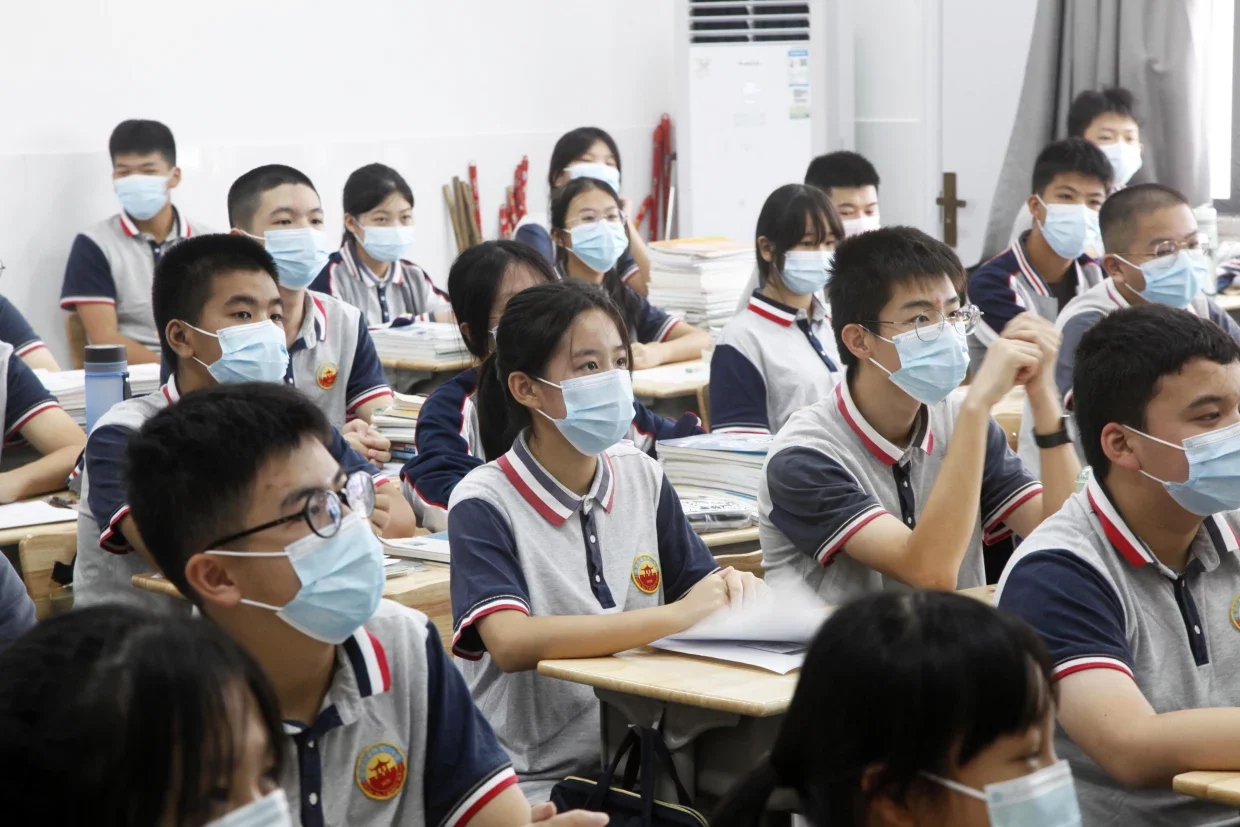Disclaimer: the opinions presented in this article belong to solely the writer
Few topics in China’s past are as painful as the Cultural Revolution—a decade-long period of political and social havoc aimed at ridding China of its pre-revolution identity. Student-led gangs, the Red Guards, followed Mao Zedong’s encouragement and persecuted those labelled as capitalists or reactionaries. The students’ teachers were prime targets, often beaten, driven to suicide or murdered. Despite ending almost 50 years ago, many professors are beginning to see its parallels at their universities.
Education is one of the many institutions the Chinese Communist Party (CCP) maintains absolute control over. In 2013 Xi Jinping, China’s leader, directed teachers to play a “leading role in spreading mainstream ideology and directly confronting all kinds of wrong viewpoints and ideologies.” Surveillance cameras in classrooms and regular visits by the authorities became the norm, on top of the already entrenched Party presence.
The system of student informants, tasked with reporting professors who cross the Party line, had also become more sophisticated. Its roots date back to 2008 when students got paid between 20-50 yuan ($3-$7) to informally spy on their teachers. If found to be broadly anti-Party, they would be silenced, disciplined, demoted, or fired. Under Mr Xi, students were now being systematically recruited and rewarded with tuition reimbursement or credits towards joining the Party. Online platforms were also launched to make the reporting process easier.
In a recent study, researcher Jue Jiang of the School of Oriental and African Studies, University of London, interviews academics familiar with the system. “Xi Jinping revised the Constitution and I commented on it privately, but it was reported by my students. The school wanted to fire me. My mother committed suicide,” said one professor. Another recounts contemplating jumping off a building after being told she had “evil thoughts”— something she likened to Cultural Revolution rhetoric.
Not all academics share the same experience. Still, even those out of the direct crosshairs affirmed that a degree of self-censorship was necessary while teaching. Some admitted to lecturing strictly from the mandated textbooks, whether out of principle or as self-protection. Others lamented their long-lost commitment to educating students properly: “My mistake in the past is that I was too serious; I even risked my life.”
Students have also taken their reports online, eager to proclaim their “right political sense” publicly. Back in March Chen Saibin, a lecturer at the Nanjing University of Aeronautics and Astronautics, had his classes suspended pending an investigation by the university’s Communist Party committee. The university was informed about his “moral misconduct” through social media posts by his students. His crime was telling his class about China’s dependence on food imports from the United States and Europe.
But academics are not the sole victims of this system. The CCP wants more than to simply root out the remnants of free thinking in the classroom. If that were the case, institutionalised informants would be of no need—the surveillance cameras in place would do just fine. The true targets are the informants themselves.
Students are a rebellious bunch. They have consistently been at the forefront of most major opposition movements, from Tiananmen Square to the recent White Paper protests. Preventing these is not always easy, and sometimes the carrot works better than the stick. The goal is to ingrain in China’s brightest youth that toeing the line and combatting “Western erroneous views” is not just virtuous—it’s also profitable, regardless of the costs. Just be careful that history doesn’t repeat itself.






0 Comments